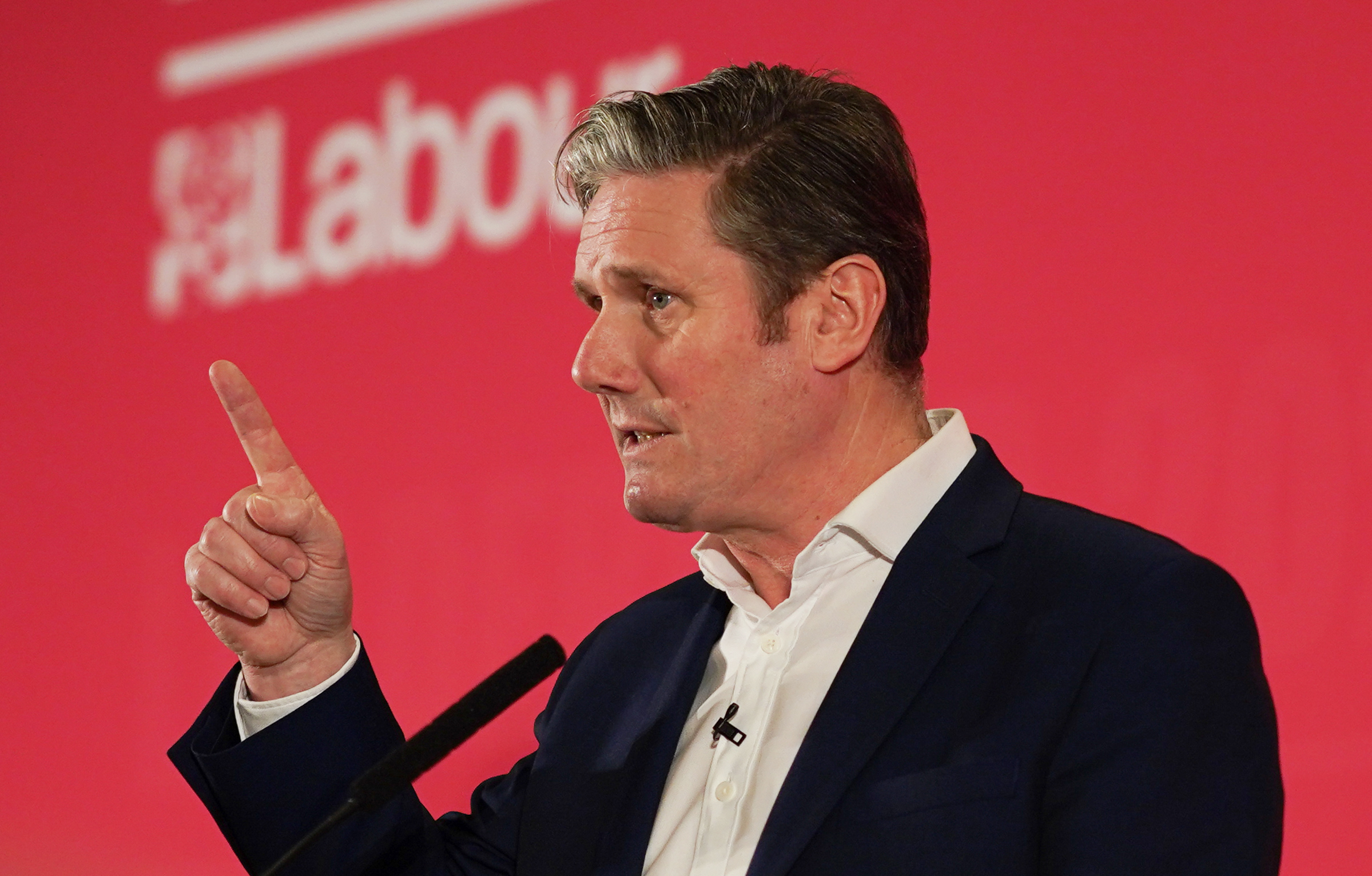
What does Keir Starmer mean when he talks about uniting the Labour Party? Corbynites in the shadow cabinet have their own interpretation: nullifying what remains of their influence. The breadth of Starmer’s support within the Parliamentary Labour Party makes it more or less a given that his top team will be far more politically diverse than the current frontbench.
That will inevitably mean a clearout that Labour MPs believe to be long overdue. Yet to honour his campaign rhetoric and promises of unity, Starmer will have to retain at least a handful of shadow ministers who have served Corbyn out of ideological or political conviction, rather than reluctant accommodation.
Raise that necessity with a Starmer supporter and they tend to ask a pointed question: “But who would you keep?” The not entirely unfair consensus is that the current shadow cabinet is not only underpowered, but full of people who Starmer would not, or indeed should not, keep inside the tent if he is to fulfil the hopes of his parliamentary coalition.
Corbynites around Labour’s top table are grappling with the same question: which of them will Starmer keep? And if he isn’t going to keep them, what should they do? Some, like John McDonnell and Diane Abbott, have pre-emptively ruled themselves out of contention – not that either, both of whom are indelibly associated with Corbyn personally and are by any reasonable measure in their last frontline roles, were likely to be retained.
While Rebecca Long-Bailey has been promised a post by Starmer, others, such as Ian Lavery, Jon Trickett and Dan Carden, might well face the choice of sacking themselves or waiting to be sacked, or at best demoted. Some shadow ministers in this bracket are weighing up whether they want to be constrained by accepting a frontbench role under a leadership with whom they believe they are likely to have profound disagreements. “I could get two parliamentary questions a month in a bad brief,” one reflects, “or I could go to the backbenches, do interesting stuff, and not have to compromise.”
Another Labour MP welcomes the possibility that they might be sacked by Starmer. “It might be a good thing,” they say, on the grounds that it would confirm the suspicions Long-Bailey supporters have of a Starmer leadership: that it would mean compromise, disappointment, and capitulation to the right of the party.
A win among the membership as convincing as the one YouGov predicts, however, will likely mean that the new regime believes that such sackings are so low-risk as to be free passes. The real question that will vex Starmer as he sets about assembling his shadow cabinet is not so much who he will keep, but who from among his many dozens of supporters he can afford to leave out.





